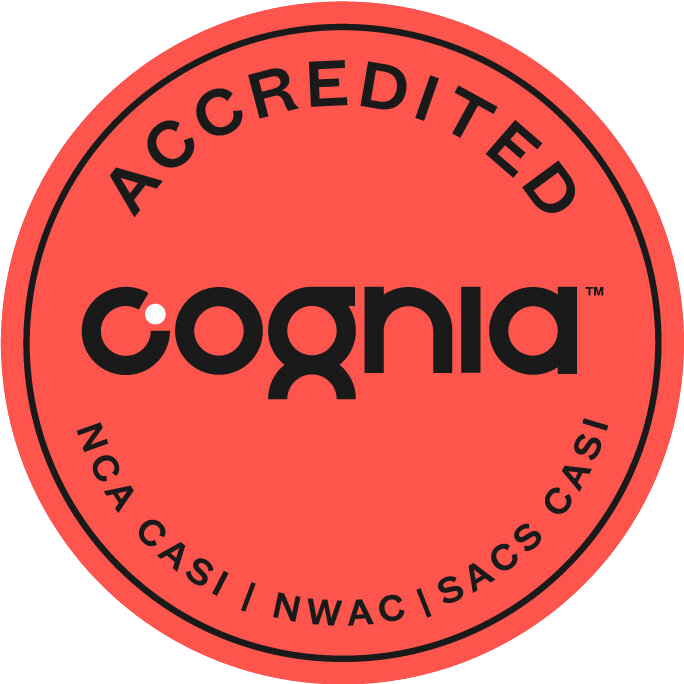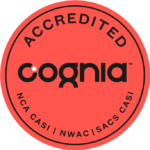Do you want your child to speak a second language – even though you only speak one? If you’re an English speaker who wants to raise a bilingual child and you’re not sure where to start or how to support your child’s learning, ask yourself the following questions.
Can My Child Learn a Second Language?
More specifically, can your child learn a second language if you only speak English at home? Conversations and everyday verbal communication help young children to learn how to speak their native language. However, this doesn’t mean you need to speak a second language at home to raise a bilingual child.
Parents aren’t solely responsible for teaching their children how to speak or how to navigate the rules of language and communication. If you only speak one language, your child can still learn how to speak a second – with help from another adult.
How Can My Child Learn a Second Language?
Language acquisition doesn’t just happen. Given that you only speak one language, you will need to find someone else to help you teach your child a second one. The person who teaches your child should have a firm grasp of the language, but that’s not the only qualification you should look for.
A language teacher should know how to instruct children in age-appropriate and developmentally appropriate ways. The educator should have patience and the ability to connect with your child. This can help your young language learner to develop new communication skills in a meaningful way.
How Often Should My Child Take Language Lessons?
Learning a new language is not a one-size-fits-all scenario. Think of learning a second language as a marathon, not a sprint. Your child may only learn a few words or phrases at first, but as they develop new language skills, they’ll need to grow their vocabulary. They will also start to understand grammatical rules and use the language in different ways for different situations (such as informal versus formal speech).
Again, conversations and everyday communication activities can help a child to learn a language. You can’t exactly converse with your child in their new second language at home, so does this mean your child will miss out on valuable learning time? Even though you don’t speak another language at home, your child can still frequently immerse themselves in the vocabulary.
Instead of a once-a-week after-school lesson or a similar type of extra-curricular program, consider a full-time bilingual school immersion program. This option is an interactive way for children to learn a language in a real-world context.
How Does a Bilingual School Work?
Different schools may have different educational strategies, methods, and goals. As a bilingual school, all programs teach in two languages. The specific curriculum and modes of instruction vary, depending on the school itself. If you’re not sure what to look for in a bilingual school or what type of instruction will work best for your child, talk to the program’s staff. The school’s principal, administrator, or an educator can help you to understand what the program includes.
Along with the overall educational methods, ask the school or program staff members about the level of language immersion. Does the program use a 50/50 split or does the mix strongly favor one language over the other? Think about your educational goals for your child and what you want your family to get out of this program. This can help you to find the best match possible.
Are you ready to enroll your child in a bilingual school? Contact Ideal School for more information on our bilingual programs and online learning options.








